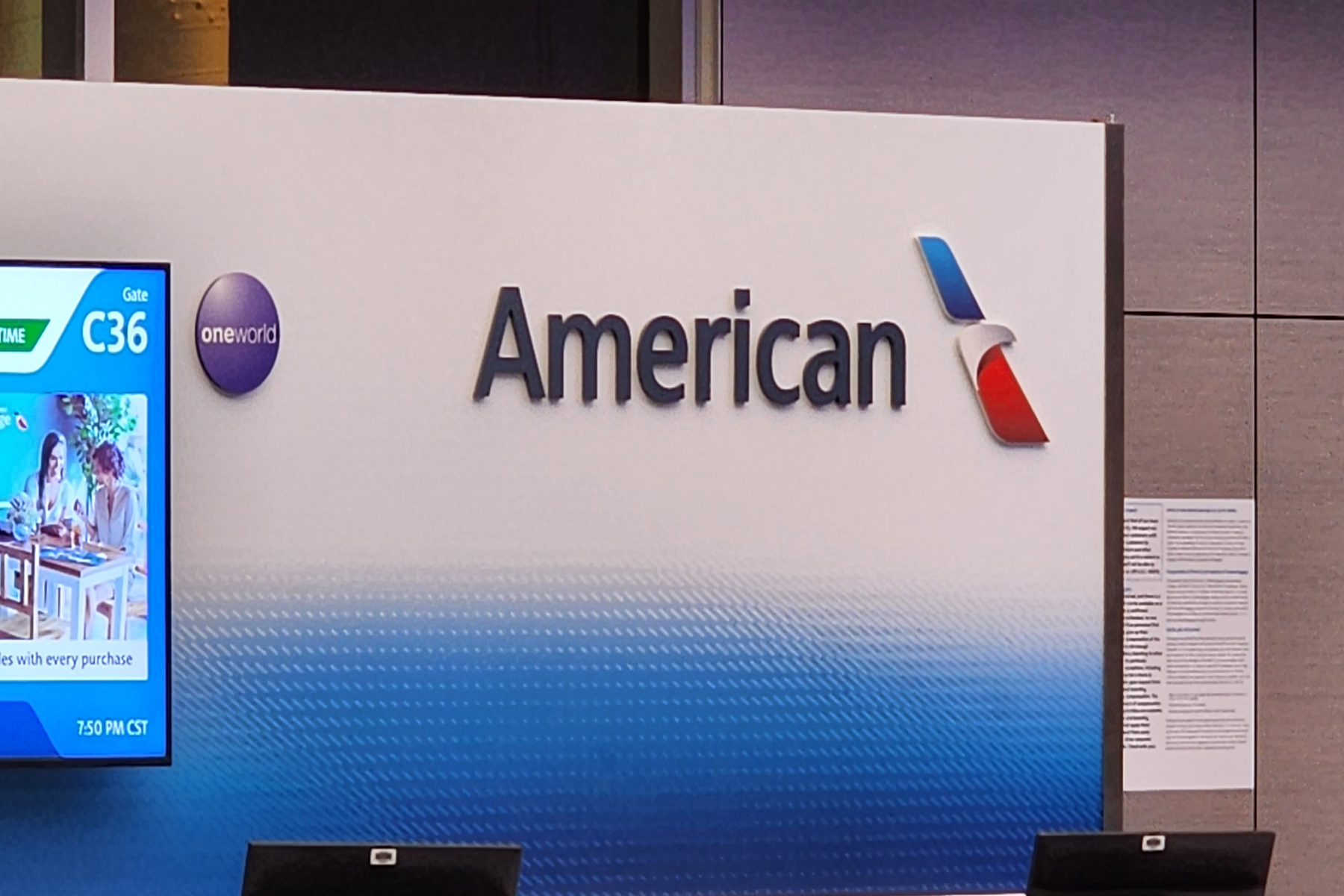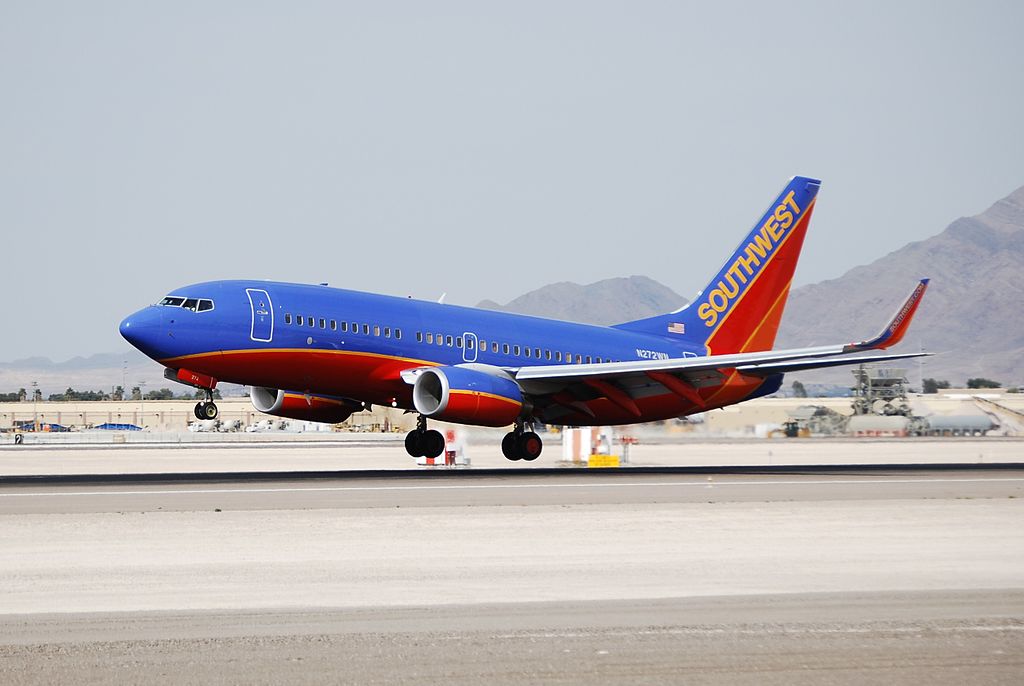Alaska Airlines Sued for Wrongful Death

The family of a woman who died from an escalator fall is suing Alaska Airlines.
Three months after tumbling down an escalator at the airport at Portland International Airport (PDX), 75-year-old Bernice Kekona died from her injuries. Now, Kekona’s family is suing Alaska Airlines, who they hold responsible for not watching after the woman as she headed to a connecting flight.
When Kekona’s flight landed from a family vacation in Maui, the family requested wheelchair assistance be there to help her get to her connection. But video footage from the day shows Kekona wandering the airport alone. She fell head-first down the escalator after appearing to mistake it for an elevator. After the fall, Kekona had multiple injuries, one of which became infected and required her leg be amputated below the knee. She died the next day.
“She was provided assistance off the airplane and into her wheelchair by Alaska’s company that they contract with, Huntleigh, and then she was left there, and she became confused and that led to the fall,” the family’s attorney Brook Cunningham told MSN. “All they needed was somebody to get her off the plane, use the escort service that they’re required by law to provide […] She would have been home perfectly fine.”
The airline has a different story, though.
“It appears that Ms. Kekona declined ongoing assistance in the terminal and decided to proceed on her own to her connecting flight,” Alaska Airlines said in a statement, further noting that the reservation did not show reports of any “cognitive, visual or auditory impairments.”
























An "avoidable" tragedy. Did the family take the necessary steps as their attorney claims? Did the airline make them aware of the necessary steps? The elderly lady is reported to have been filmed in a wheelchair, was this following up on the family request to AS? Then it suggests AS was responsible; however, if a passenger of sound mind indicates they do not wish for wheelchair assistance then is AS (or its contractor) legslly allowed to insist the passenger remain in the wheelchair? Any attempt at physical restraint would bring assault charges against the contracted attendant. How did the deceased mistake an escalator for an elevator? Obviously she suffered from diminished cognitive ability and the family was remiss in allowing her to travel alone.